All Categories

Ageism, a term generated back in 1969, refers to the systematic stereotyping and discrimination against individuals based on their age. As a key issue, that is affecting women across the health and wellness industry, ageism manifests in both personal biases and institutional practices. In a recent 2024 survey, 8 out of 10, or around 80% of women worldwide face ageism in the workplace. Feedback from survey respondents highlights a notable gender disparity in how older professionals are perceived in the workplace. While older men are often seen as ‘distinguished’ or ‘very experienced,’ older women frequently face age-related biases, with some unfairly regarded as being ‘past their prime’ or deemed less suitable for certain opportunities. This reflects a broader issue of ageism in the workplace, particularly affecting women. This discrimination can be fueled by societal norms, cultural attitudes, and economic pressures, impacting older women in various ways. It’s important to recognize that ageism can be both intentional and unintentional, with unintentional biases also having a significant negative impact on older women. Addressing ageism is crucial for promoting equality and respect for women of all ages. Addressing these biases is crucial for creating a more inclusive environment for women in all industries, including fitness and health.
Ageism has been known to refer to prejudice, stereotypes, and discriminatory behavior directed at older employees. This bias of “oldism” stems from the false belief that as people age so does their performance and capabilities. Older workers are often expected to retire quietly to make way for younger talent. Yet, with today’s increasingly diverse and multigenerational workforce, age bias affects women at all stages of their careers. This includes “youngism,” or a form of ageism targeting younger adults, driven by misconceptions linking age with maturity and falsely assuming that experience is necessary for competence or the ability to do various job roles. Survey respondents from a recent study note, “Workplaces were built for men,”, “The old boys’ network still exists,” and “This is a carryover from the outdated belief that women should not be in the workplace.”
Women, taking on much of their household responsibilities societally and caretaking smaller humans if they are mothers, face hefty opposition when evolving their careers in health and fitness across all ages. Many of us, throughout our careers, have encountered inappropriate pet name-calling with terms such as “sweetheart,” “kiddo,” or “young lady.” Upon entering the workplace as a fitness professional, women generally discover they are in a more masculine environment saturated with men and “machismo.” Gendered ageism intersects age and gender bias creating a domino effect where women fitness professionals continue to face an uphill battle. Gender bias against women happens across the full spectrum of age.
To combat ageism against women in the fitness industry, coaches and leaders should adopt an approach to address both systemic and individual challenges. One crucial step is to promote diverse role models that showcase successful women of various ages in leadership positions. Highlighting their achievements across channels such as promotional materials, social media, and industry publications challenges stereotypes and fosters inspiration. Including instructors of various age ranges in fitness programs and classes demonstrates expertise and vitality not limited to young age.
Creating a culture of belonging that is heavily inclusive is equally important as representation. Implementing comprehensive diversity, equity, and inclusivity training models focused on age inclusion educates staff about the value of experienced professionals and promotes a supportive environment. Working in tandem with training, creating accountability measures progresses the notion of training into tangible measures to create group responsibility to disrupt and tackle bias against women of all ages. Encouraging open dialogue about ageism recognizes its impact in the fitness and wellness environments (virtually and in-person).
Encouraging ongoing professional development is essential for career growth at any stage. Providing training opportunities such as workshops, certifications, and seminars helps women at all levels advance in their careers. Mentorship programs are also valuable, offering guidance and support from experienced professionals to newcomers and fostering a culture of mutual respect and learning.
Fair hiring practices play a critical role in combating ageism. Ensure that your hiring processes are age-neutral and focus on qualifications and experience rather than age. By promoting equal opportunities for career advancement regardless of age, you help build a diverse and inclusive workforce.
By adopting these strategies, fitness leaders can create a more inclusive and respectful environment for women of all ages, ultimately benefiting the industry as a whole.
About Katrina Liew Wilson
Katrina is a global educator and Certified Wellness Specialist dedicated to bridging gaps through equitable access and collaborative coaching. With over 20 years of experience, she leads diverse teams, creates support groups, and mentors future leaders. Katrina specializes in Bias Unearthing, Neurodiversity Inclusion, and Intersectional Inclusion. She holds a Master of Science in Exercise Science and Health Promotion, certificates in Diversity and Inclusion from Cornell and USF, and an Associate of Science in Graphic Design. Katrina’s mission is to foster unity through self-care and compassion, making healing a path to deeper purpose and inclusivity.
Powering the Business of Health, Fitness, and Wellness Coaching
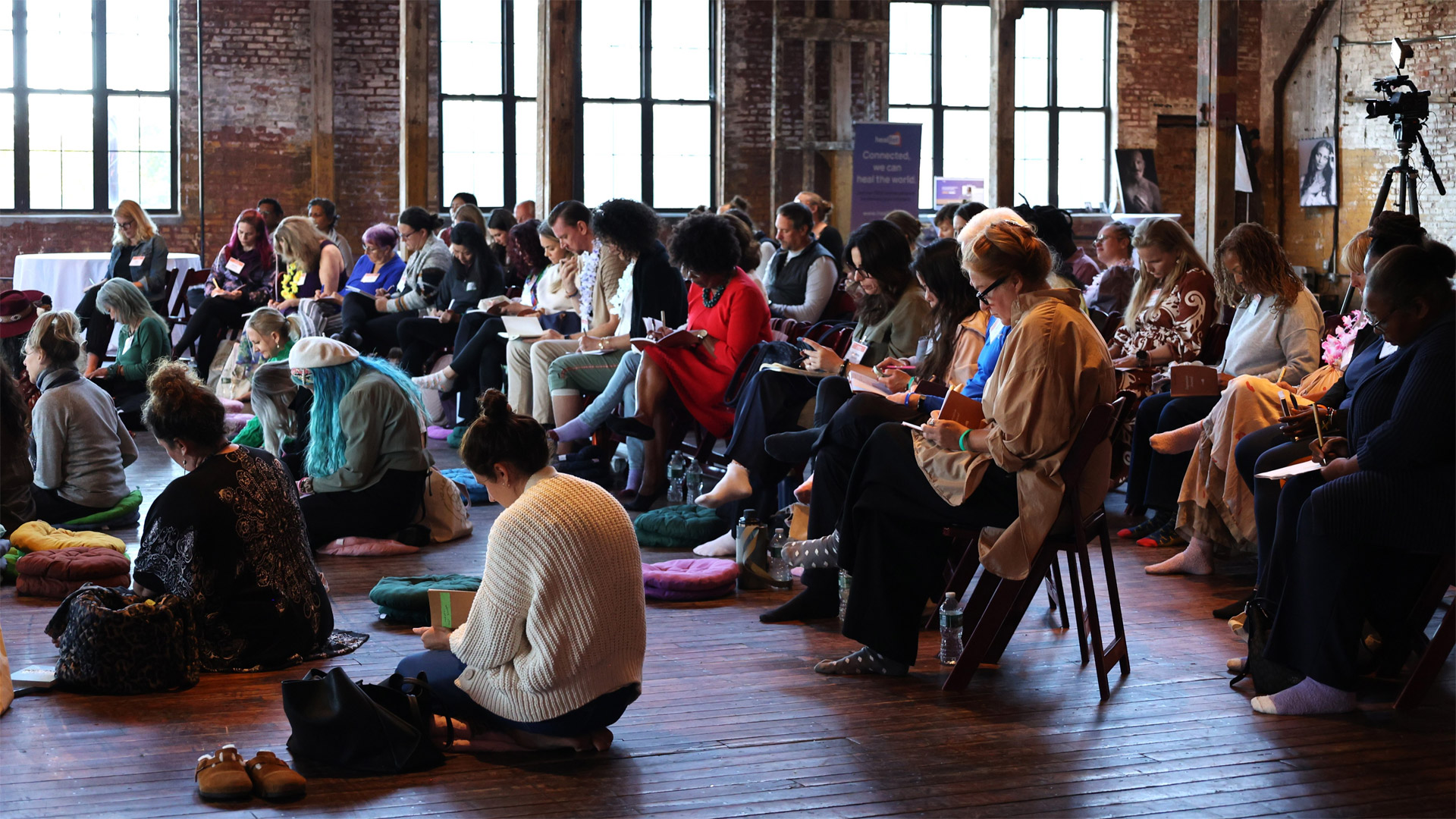
By Elisa Edelstein
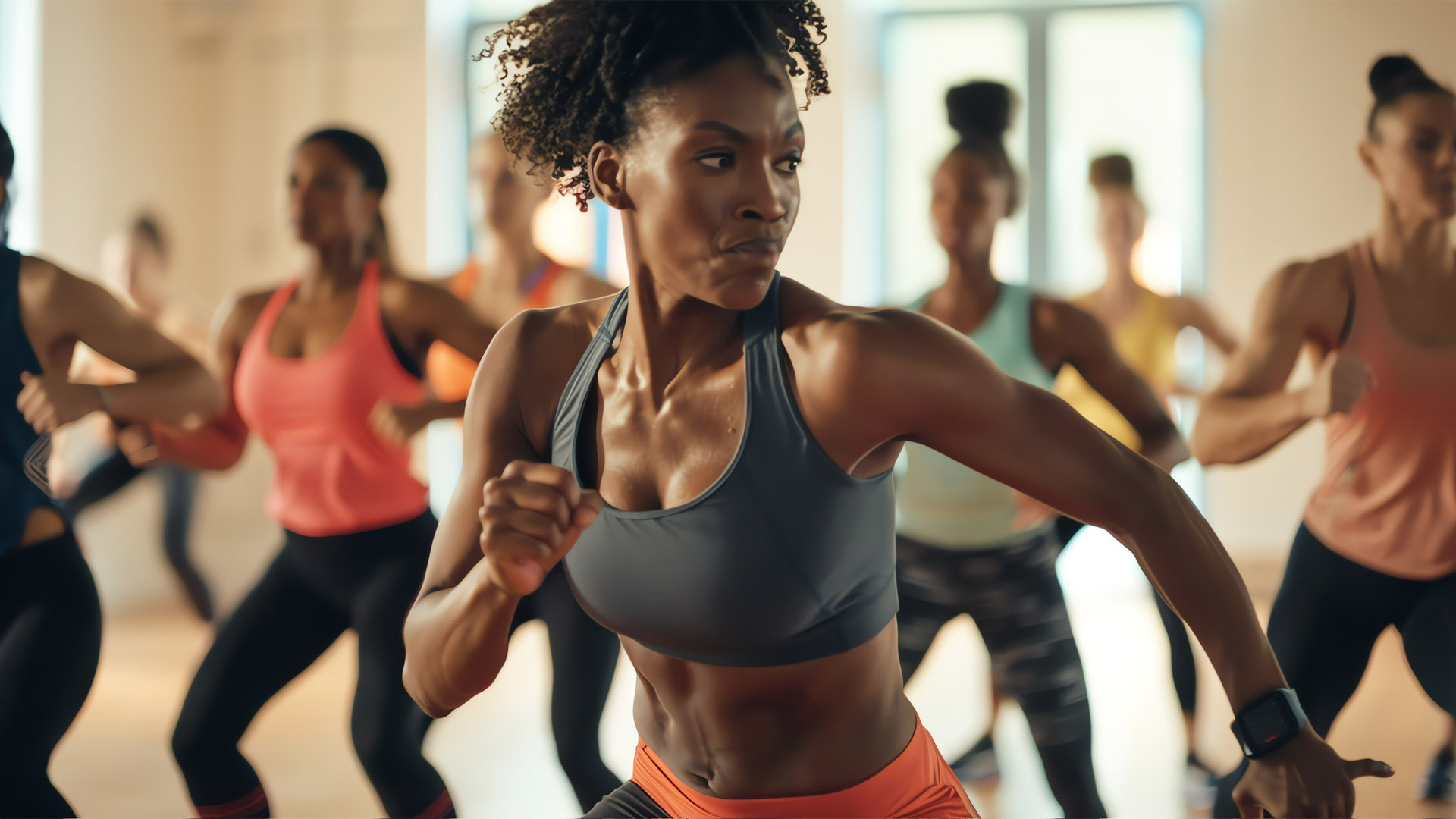
By Jessica Maurer
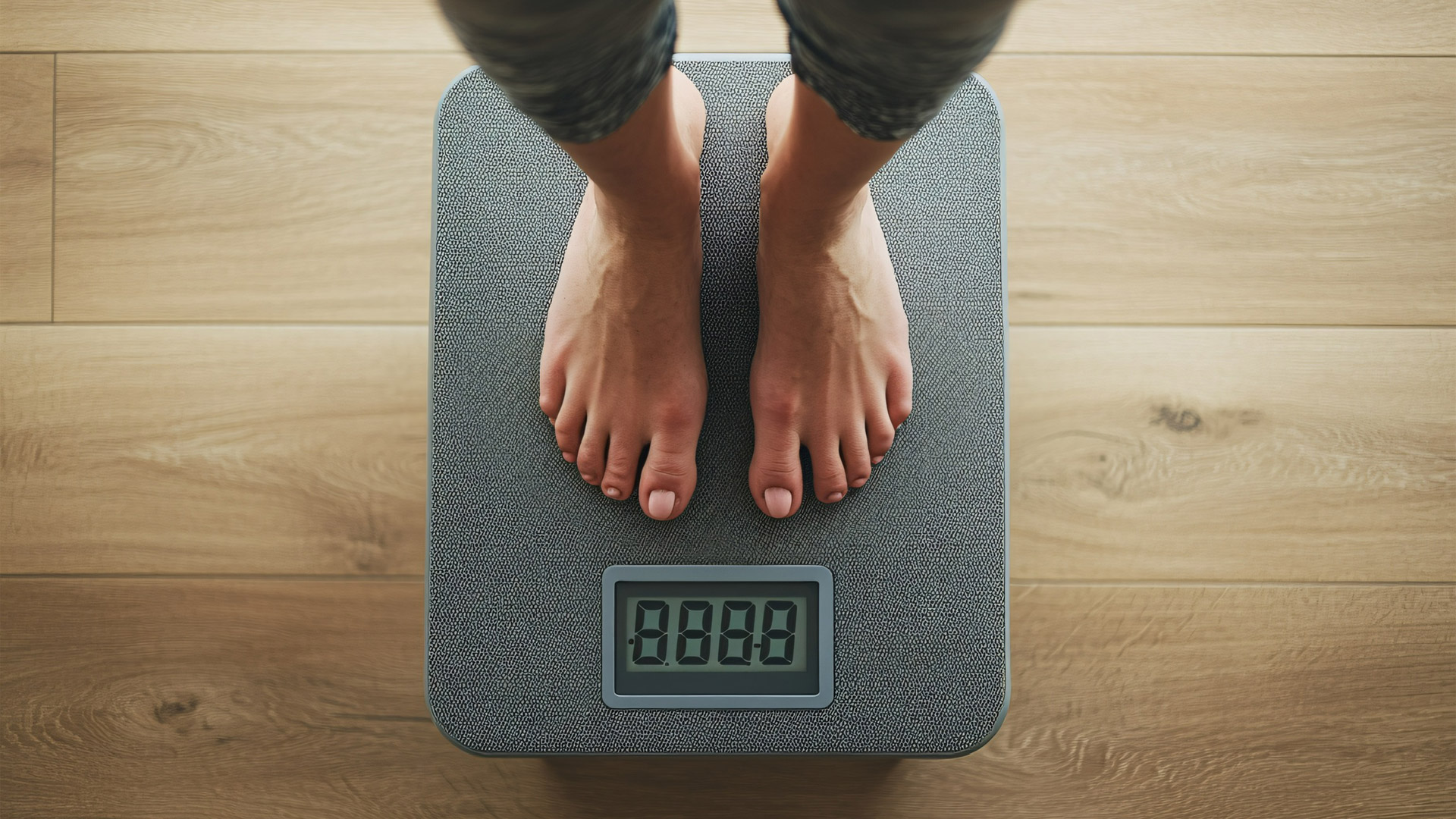
By Robert James Rivera
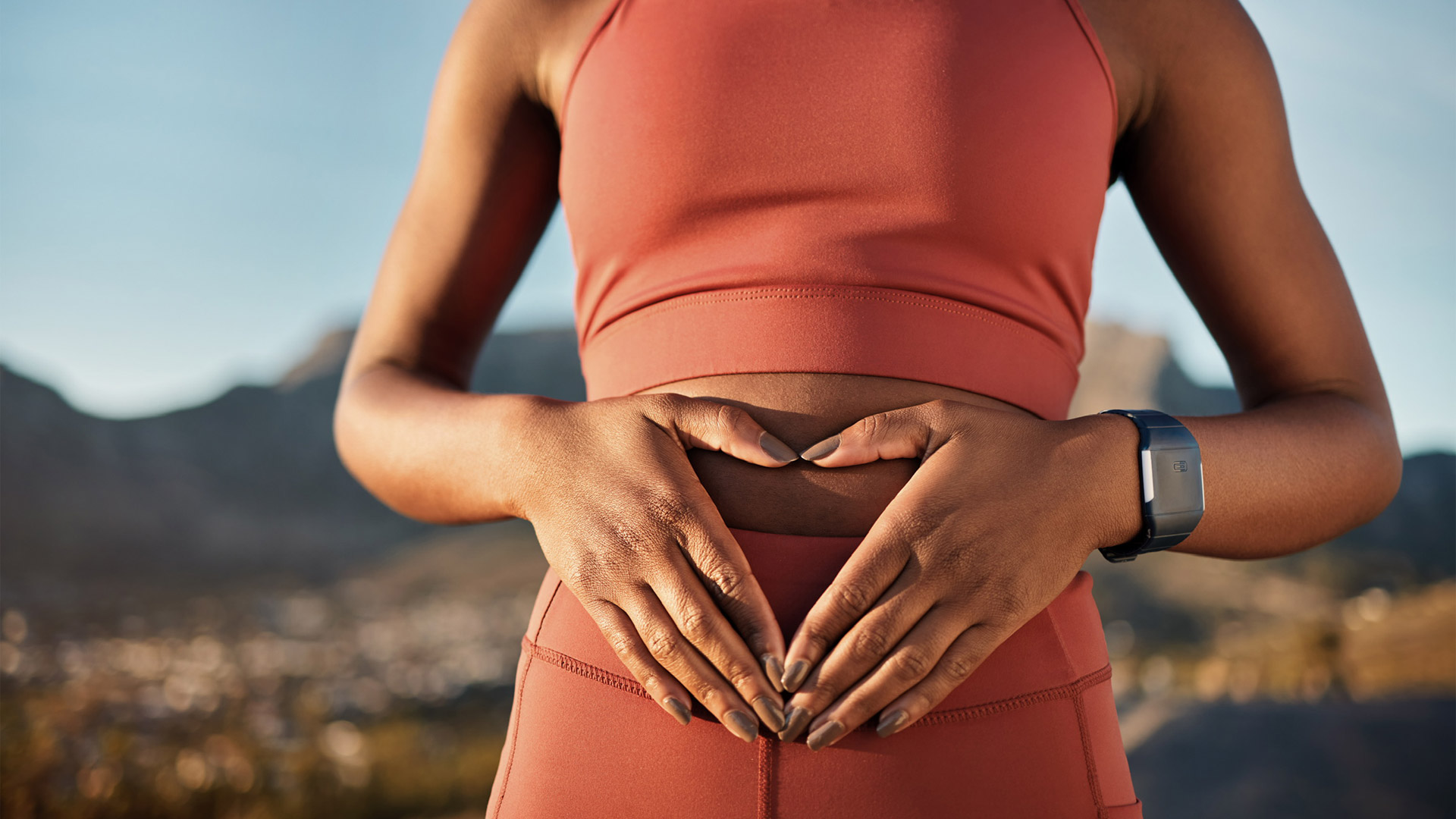
By Robert James Rivera
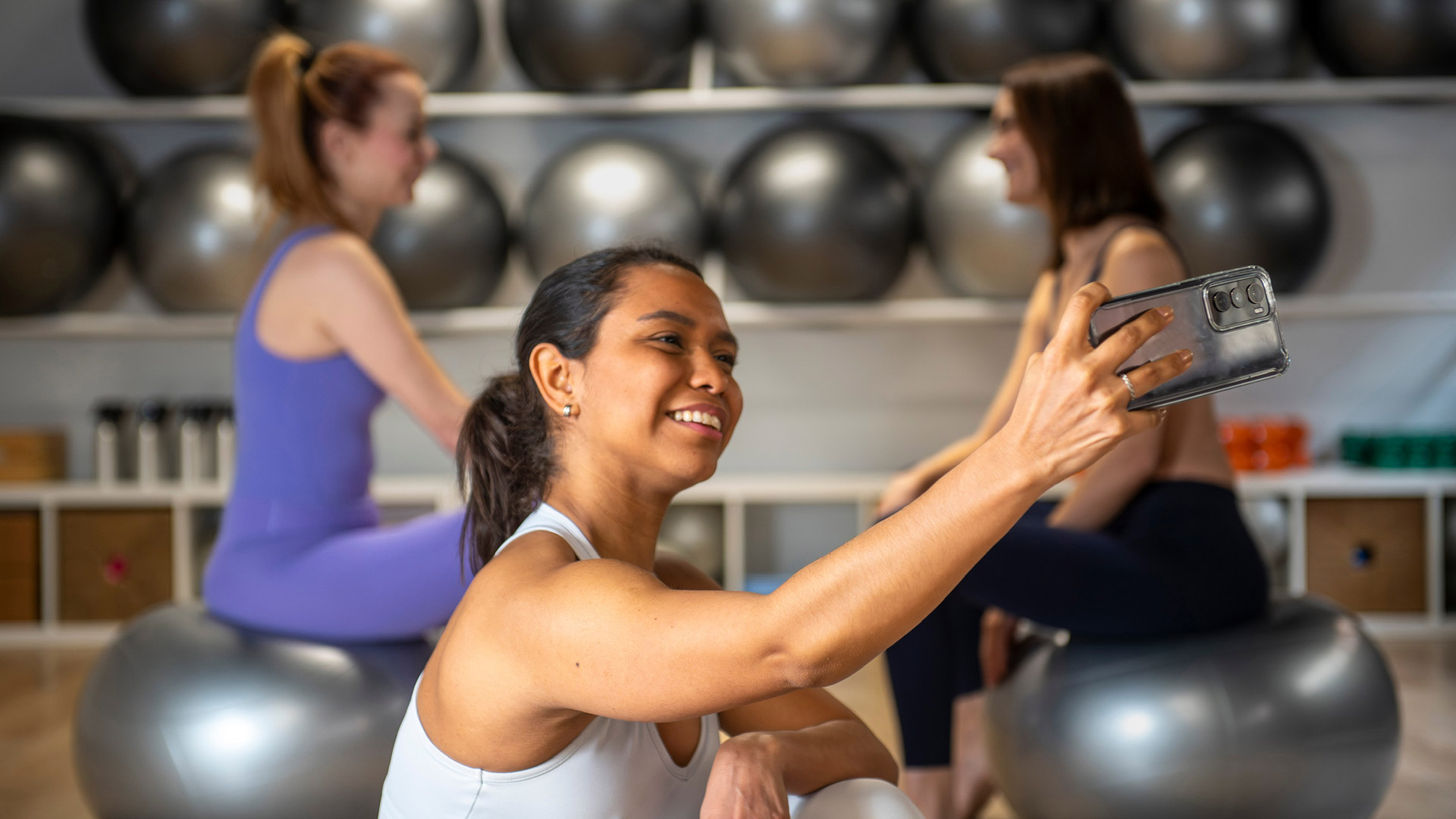
By Elisa Edelstein
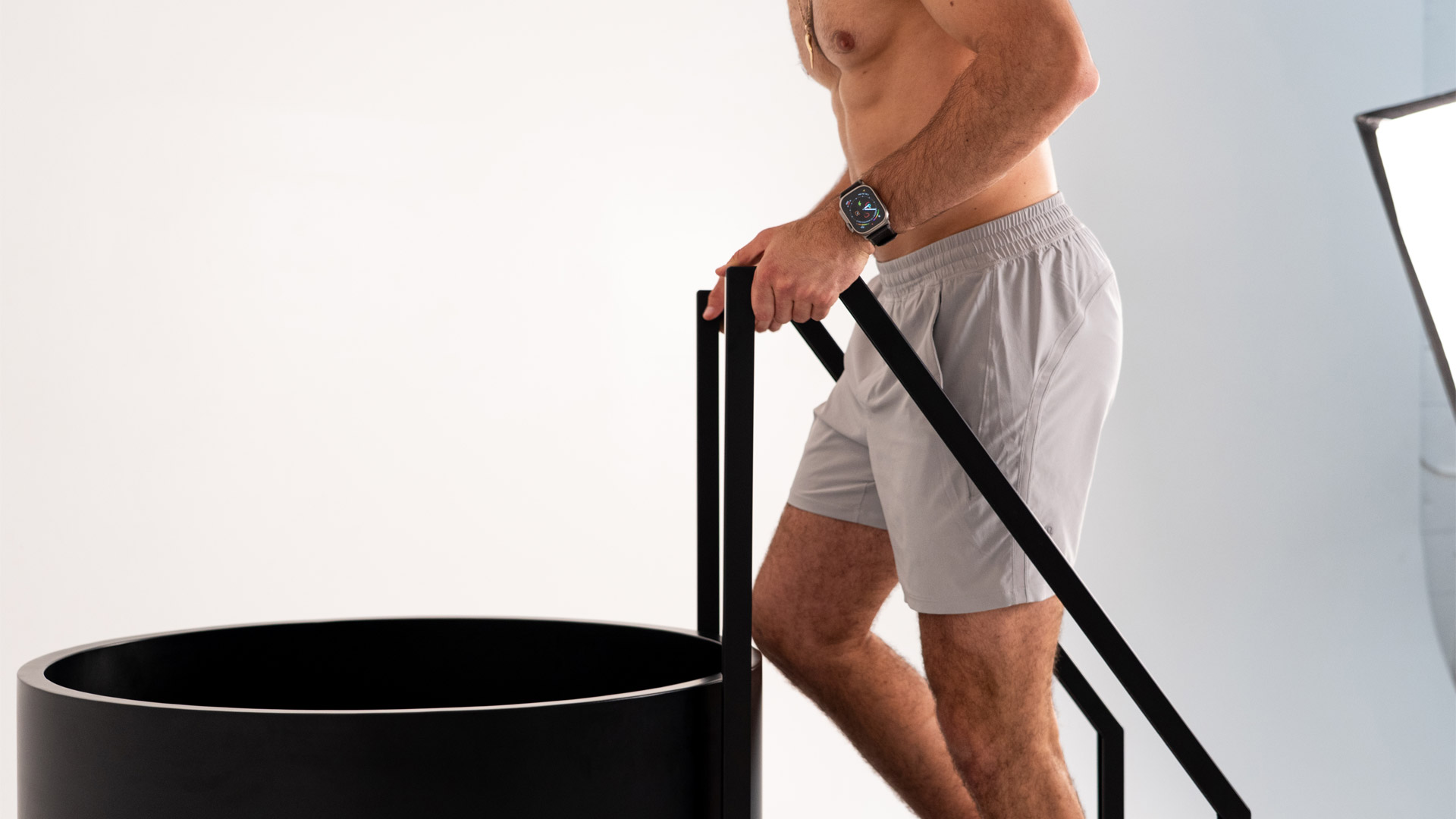
By Elisa Edelstein

Powering the Business of Health, Fitness, and Wellness Coaching
